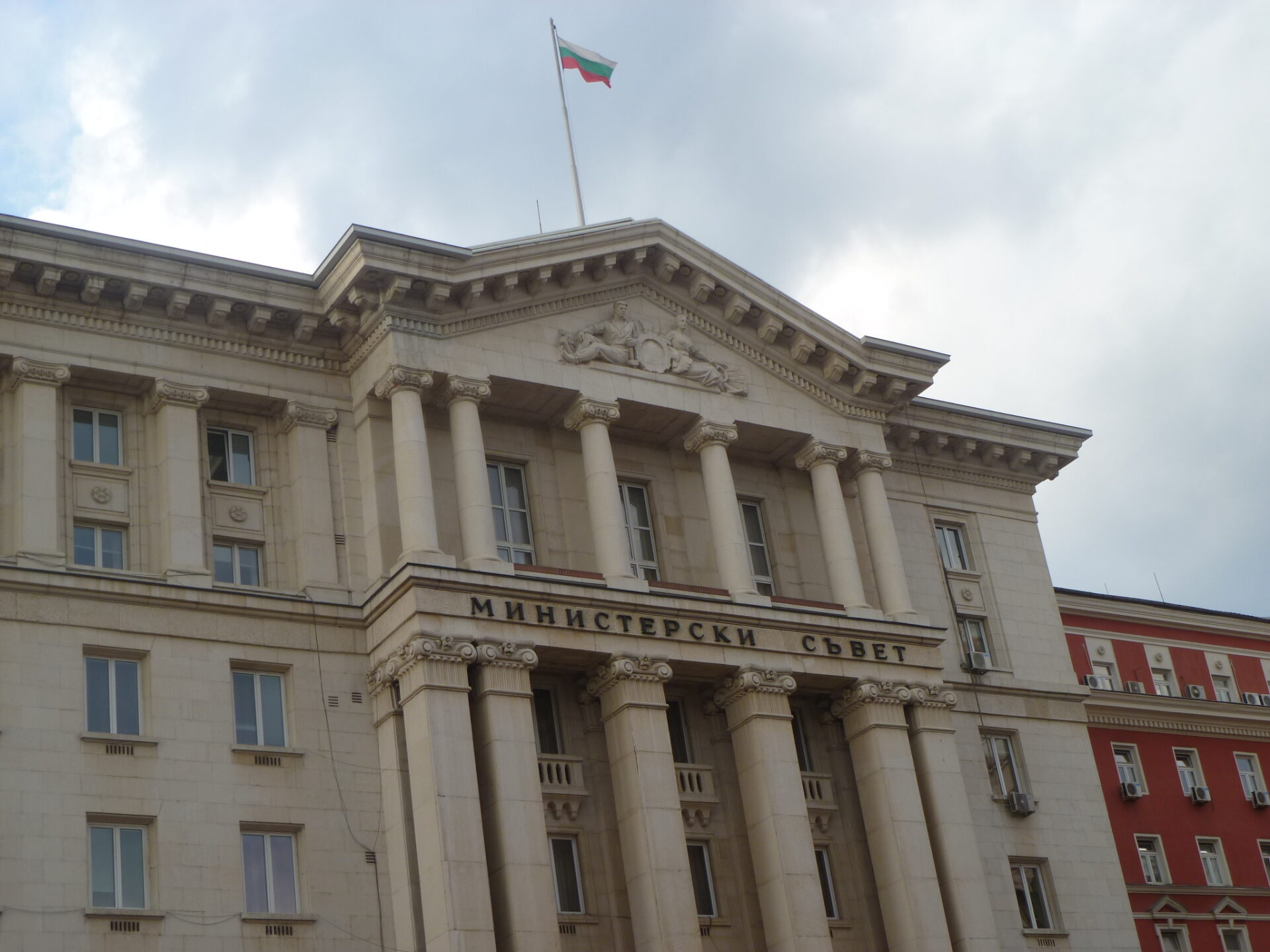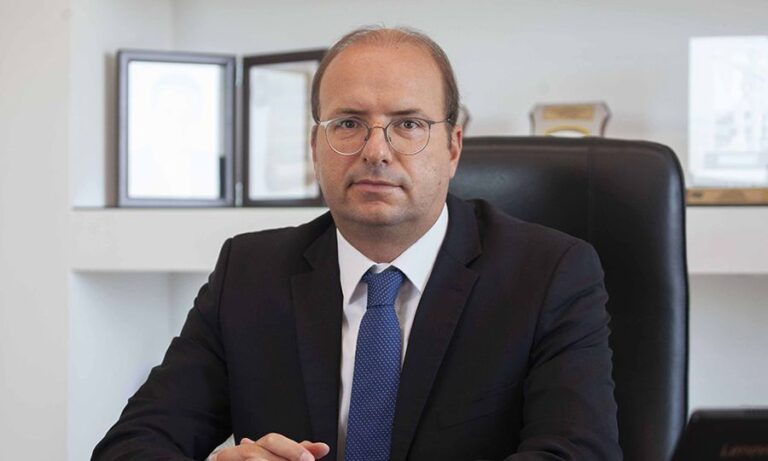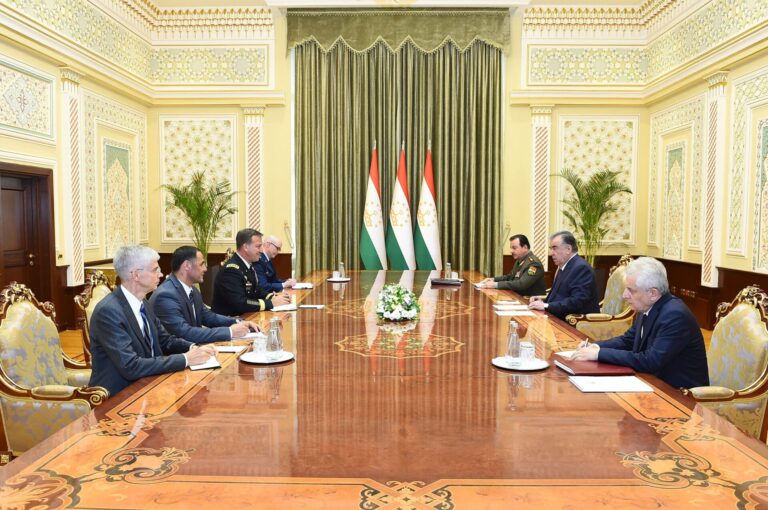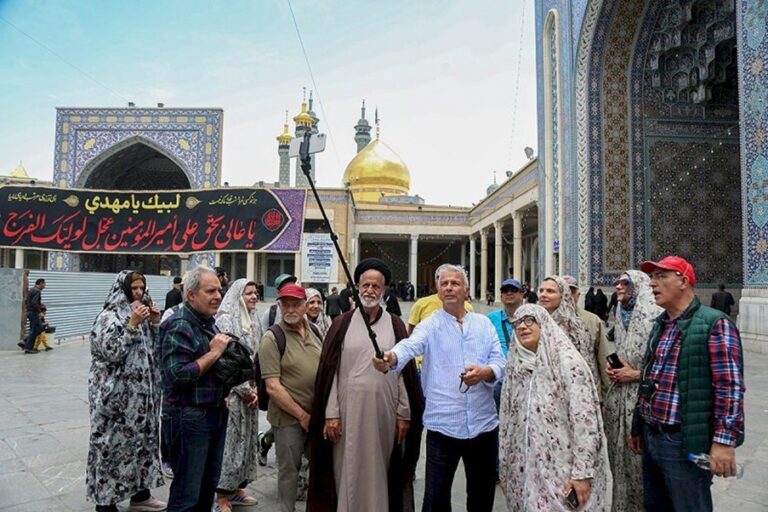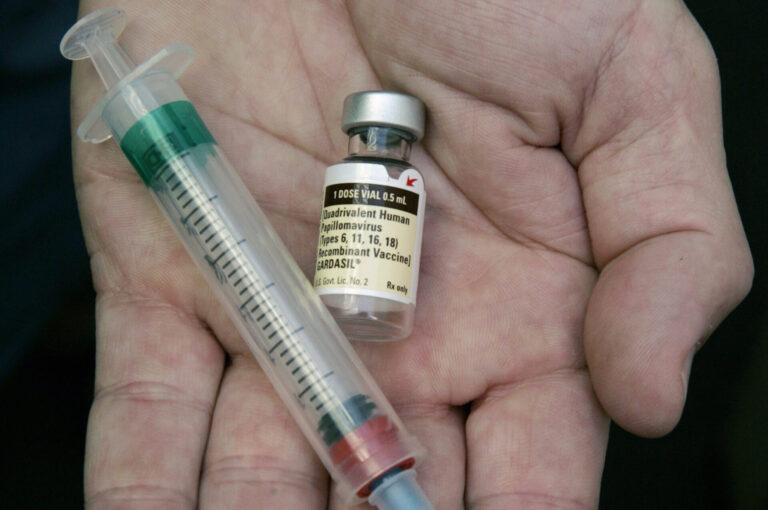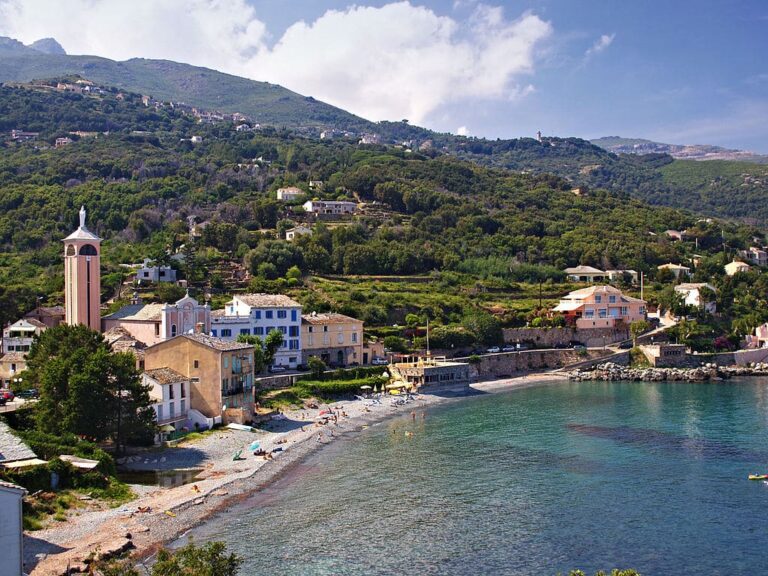The case involves three European countries – Bulgaria, Spain and the UK, and soon it may be brought before EU institutions.
The child was born in 2019 in Spain to a family of two mothers – Kalina and Jane. Same-sex marriages are allowed in Spain but not in Bulgaria.
Sara has a document that she was born in Barcelona, in which it is written that the child has two mothers. The two women claimed to the Bulgarian authorities that Spain cannot issue the child citizenship because the women were not Spanish.
Jane is a British citizen, but the passport office in Belfast has already refused to issue documents to Sarah because her British mother acquired her citizenship via descent. Under UK law, if a child is not born in the UK to two British parents, citizenship can only be passed down by one generation. In Sara’s case, that right stopped with her mother.
The Bulgarian court also refuses to issue documents for Bulgarian citizenship because the biological mother is British, not Bulgarian. Bulgaria does not recognise the Bulgarian woman as a “mother” because she is not the child’s biological mother.
The result is that the child has been living in Bulgaria for three years now but is stateless, and his civil rights are severely limited. Sara cannot travel abroad because she has no documents, and she may not be able to attend school, access healthcare, or vote in the future.
According to Bulgarian legislation, the child’s origin from the mother is determined from birth. The registration of two female parents is inadmissible, as same-sex marriages are not recognised.
At the same time, the Bulgarian supreme judges decided that refusing to issue a Bulgarian birth certificate does not result in depriving the child of any citizenship. The judges disputed claims by both of Sarah’s mothers that the child was not entitled to Spanish citizenship.
The Supreme Court says that the Spanish Civil Code allows the granting of Spanish citizenship to children who are born in Spain and cannot acquire the citizenship of either of their parents.
“Given the facts established in the case that the national legislation of none of the parents named in the child’s birth certificate drawn up in Spain, where he was born, does not grant citizenship, he should, by virtue of the Spanish Civil Code, be a citizen of Spain, a member of the EU,” the supreme court said in its ruling.
The Bulgarian court claims that Spain has no right to refuse to grant citizenship to Sarah, and it depends only on the will of her relatives to request it. Before the decision of the Supreme Court, the Bulgarian non-governmental organisation “Deistvie” (Action), which defends the rights of LGBTI people, announced that it would appeal to the European Commission.
Source :

